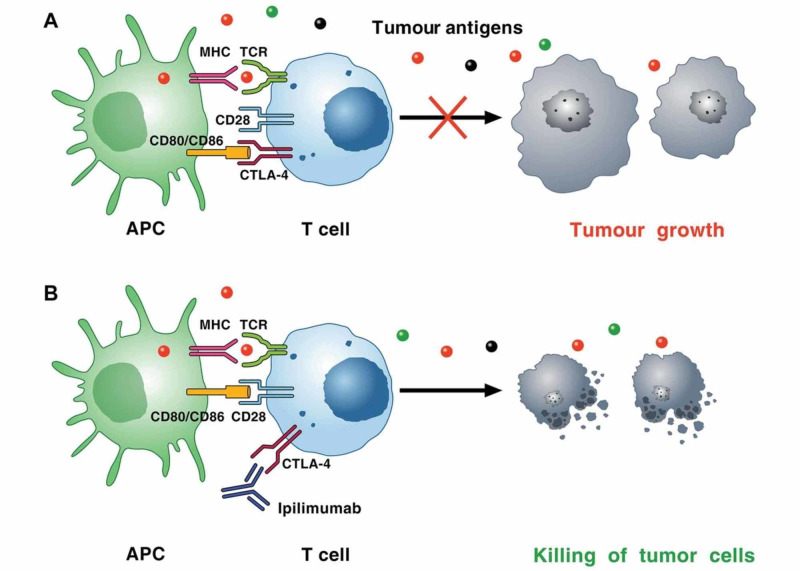Figure 6. Mechanism of CTLA-4-induced immunosuppression.
(A): cancer cells synthesize and release neoantigens (dots of different colors) that are captured by APCs. These cells present peptides in the context of MHC I molecules/TCRs on the surface of CD8+ cytotoxic T cells within lymph nodes. APCs can also present peptides bound to MHC II molecules to CD4+ T helper cells. T cell activation on TCR signaling requires costimulatory signals transmitted via CD28, which is activated by binding to CD80, and/or CD86, on the surface of APCs. Activated T cells upregulate CTLA-4, which competes with CD28 for binding to CD80 and/or CD86. The interaction of CTLA-4 with CD80 or CD86 results in inhibitory signaling promoting tumor growth. The immunosuppressive activity of CTLA-4 is mediated by the downregulation of Th cells and the enhancement of Treg cells. (B) CTLA-4 blockade by ipilimumab results in a broad enhancement of immune responses against neoantigen expressing tumor cells, which results in the killing of tumor cells
APC: antigen-presenting cell; MHC: major histocompatibility complex; CTLA-4: cytotoxic T lymphocyte-associated antigen 4; TCR: T cell receptor; Th cells: helper CD4+ T cells; Treg: regulatory T cell Courtesy of Dr. Varricchi, et al. [9]. Image reproduced with permission of BMJ Publishing Group Ltd.

